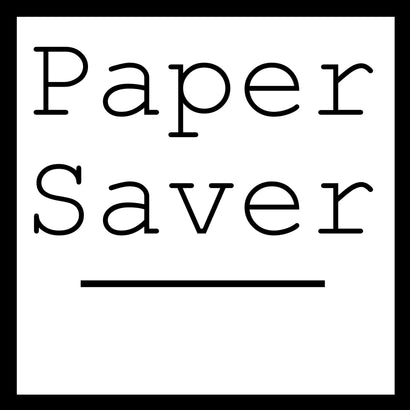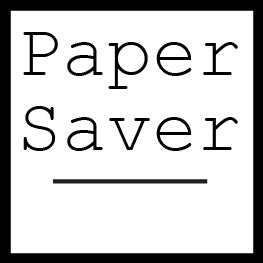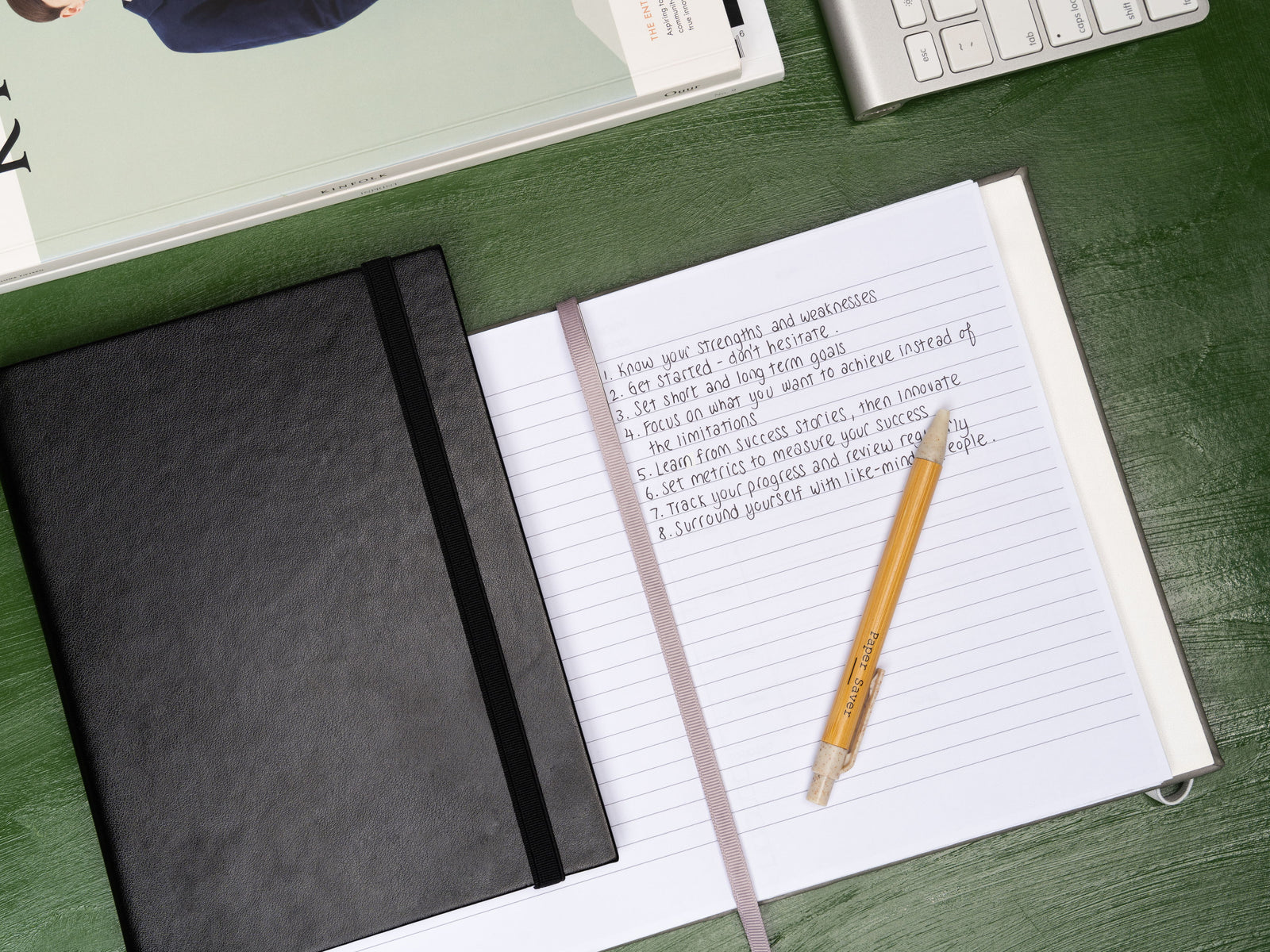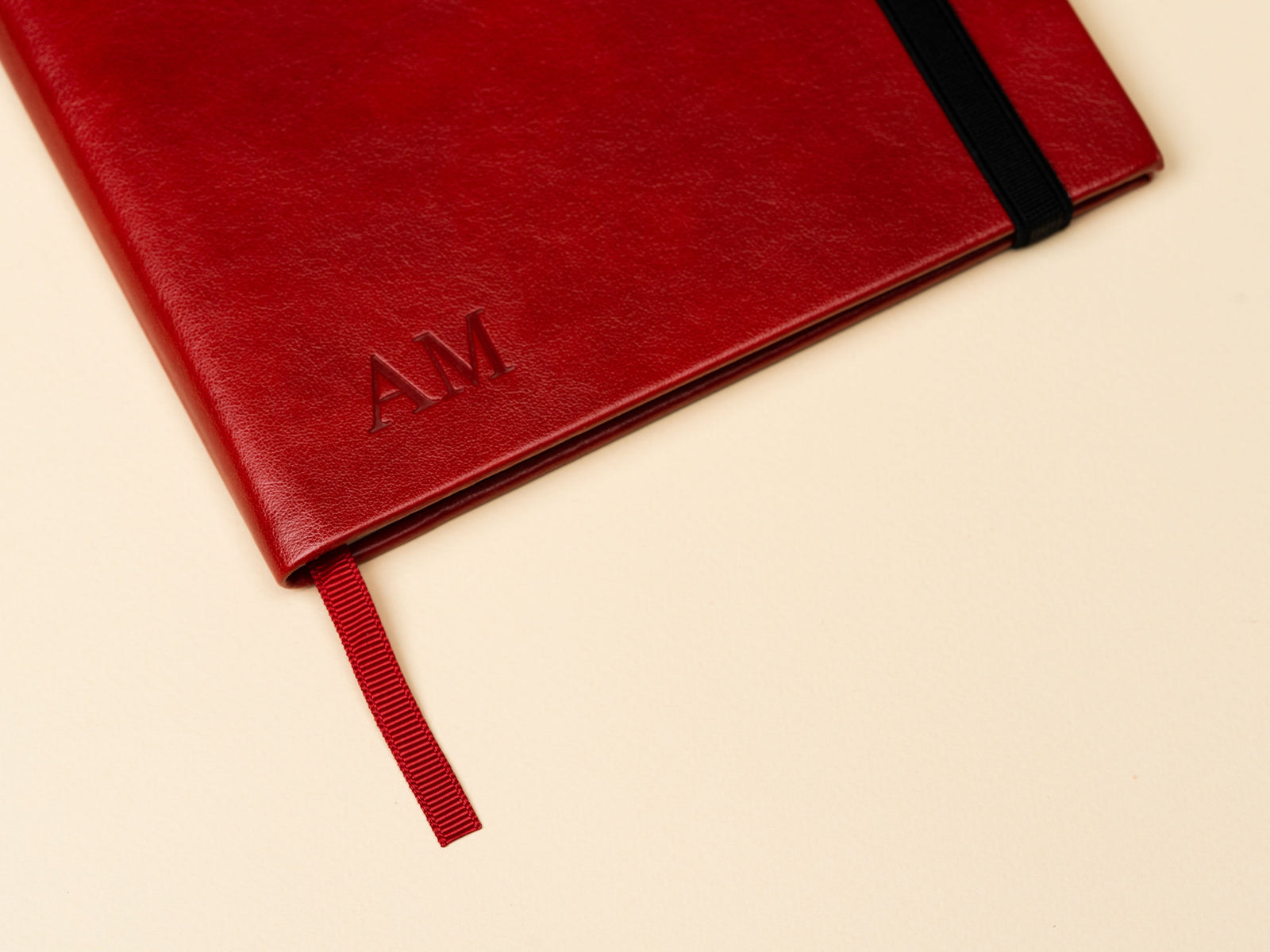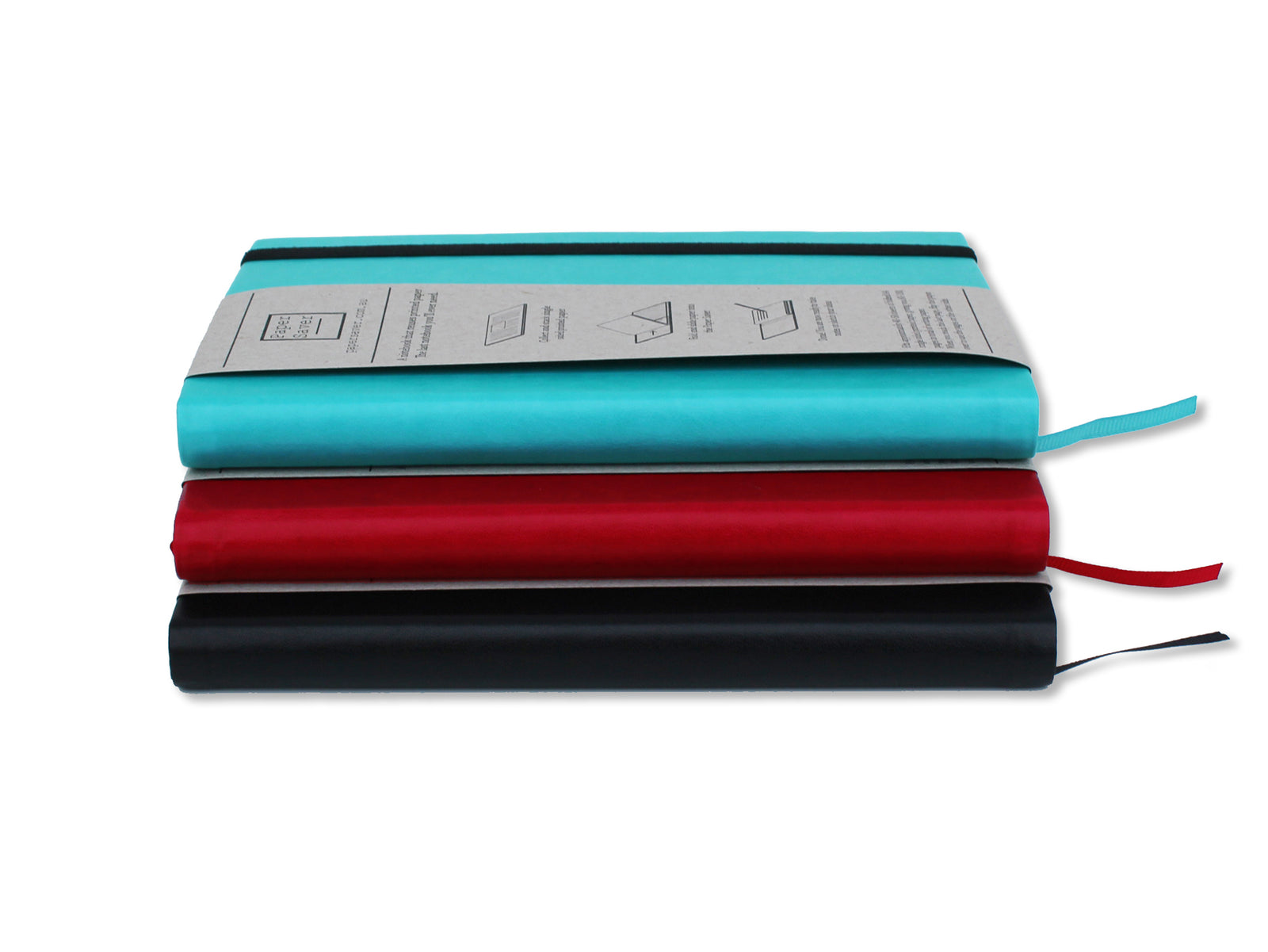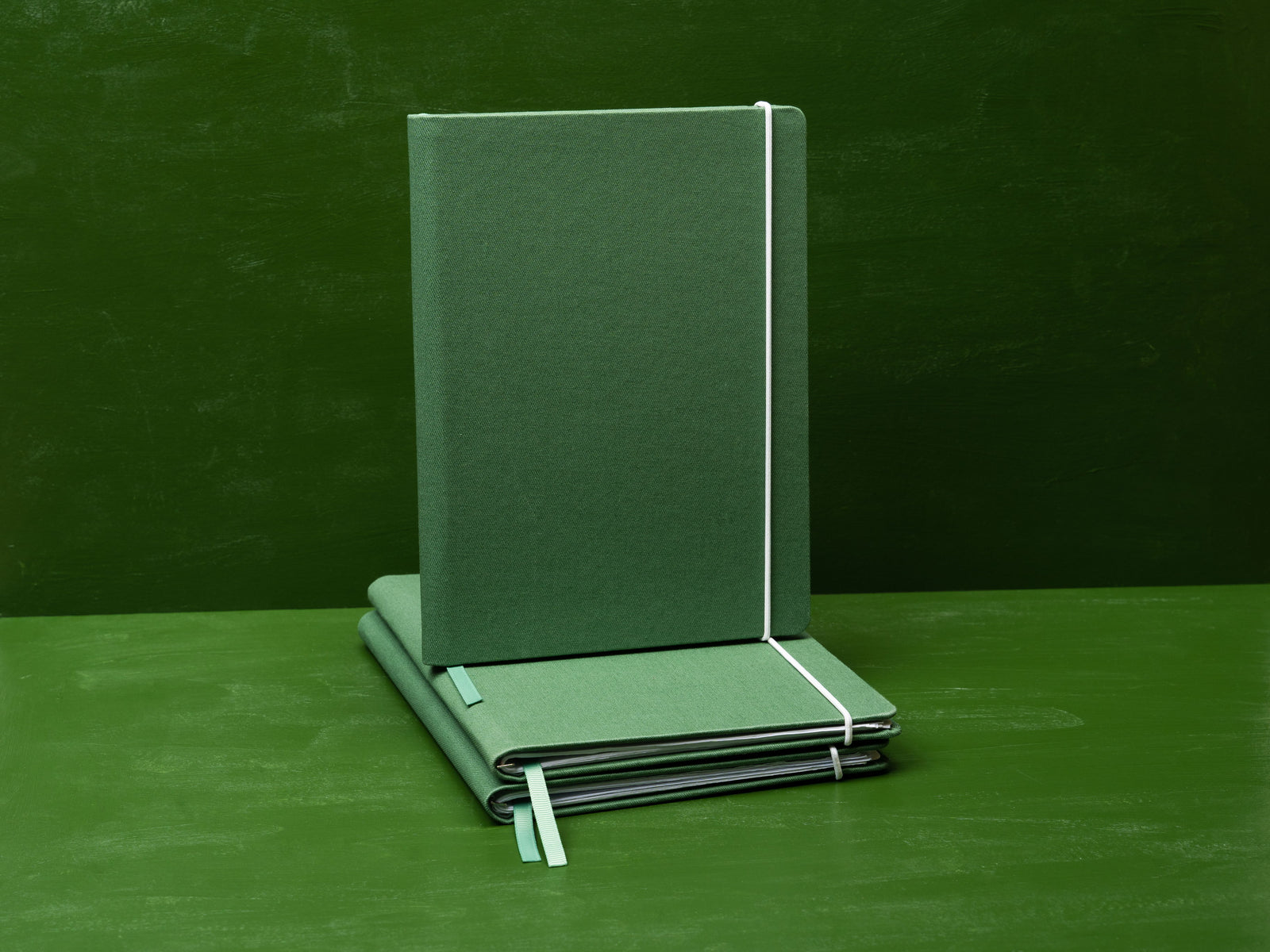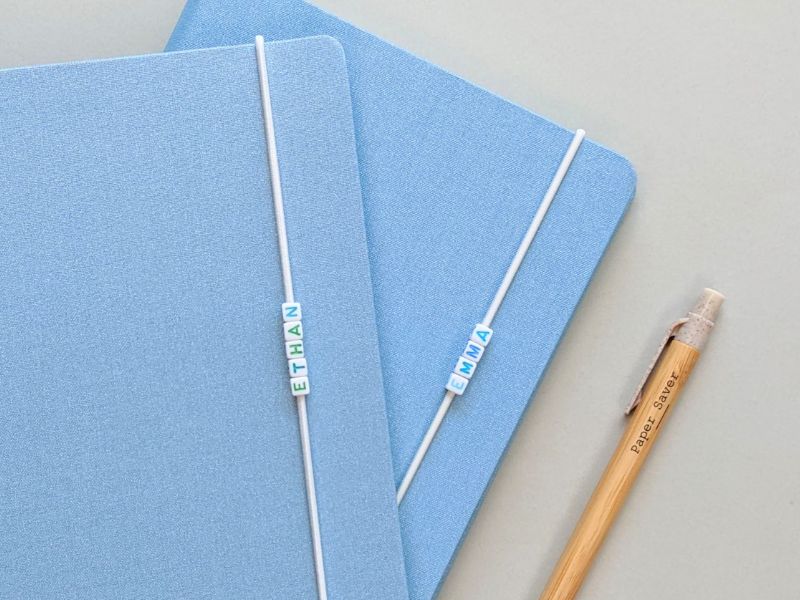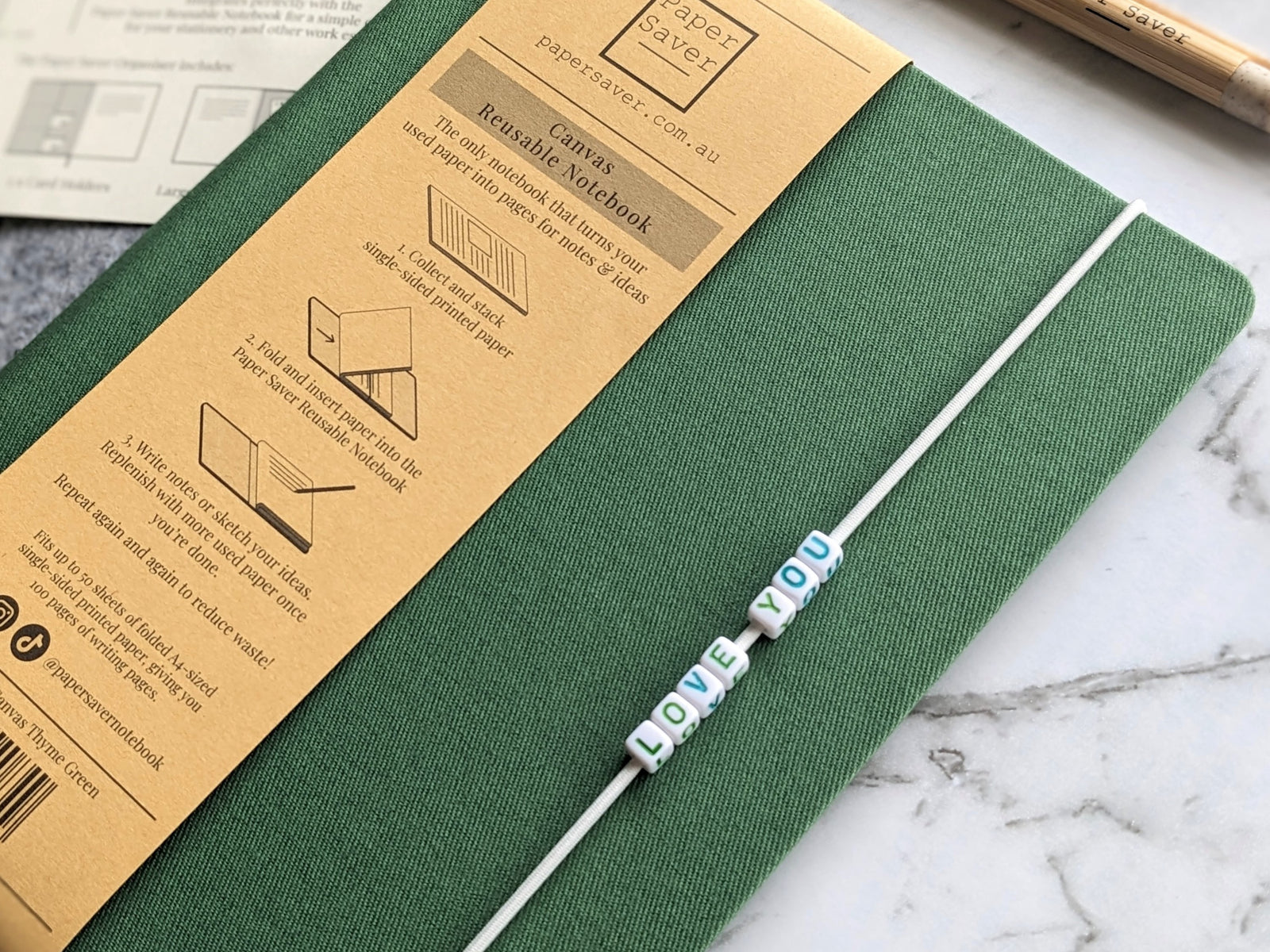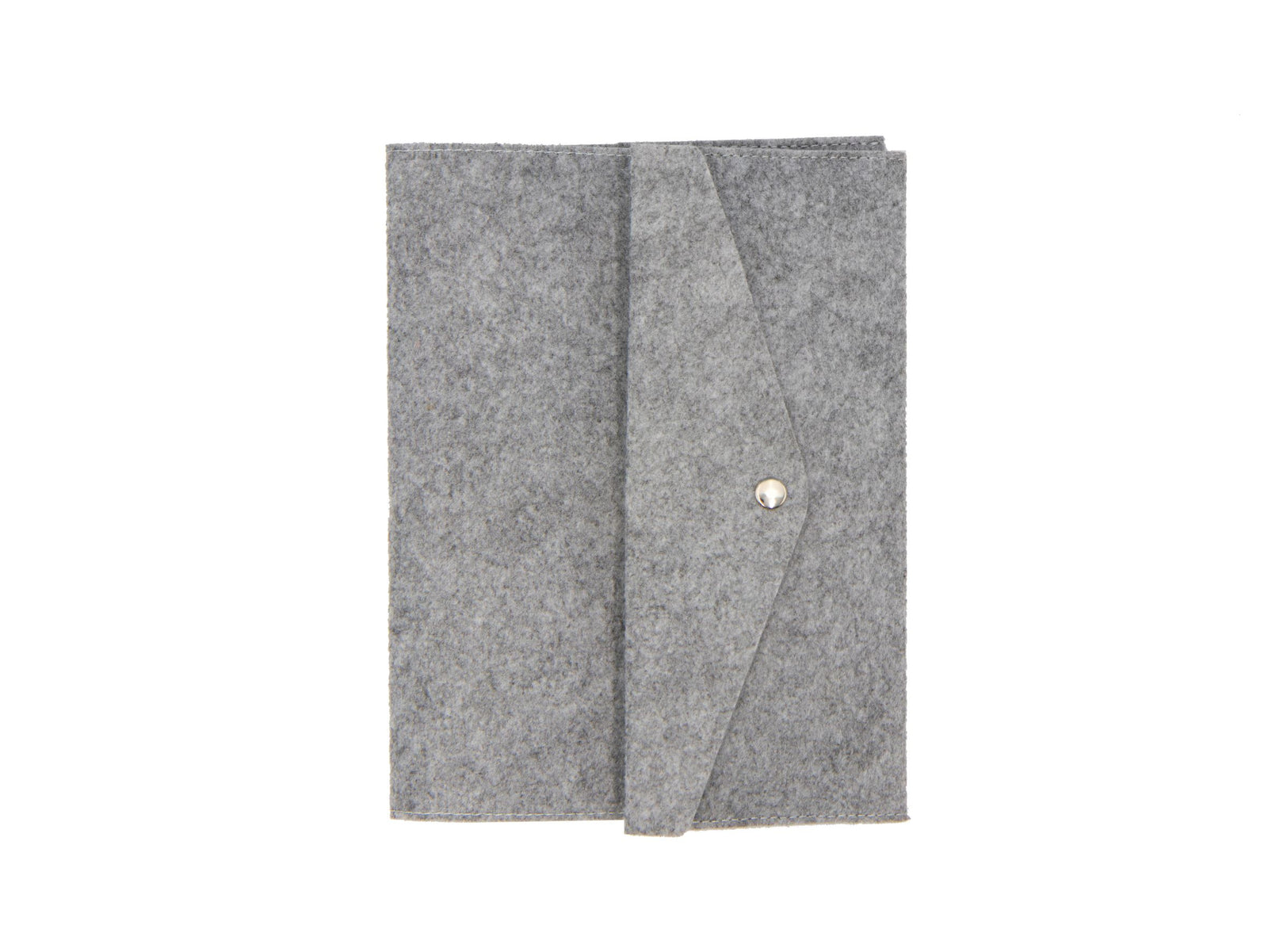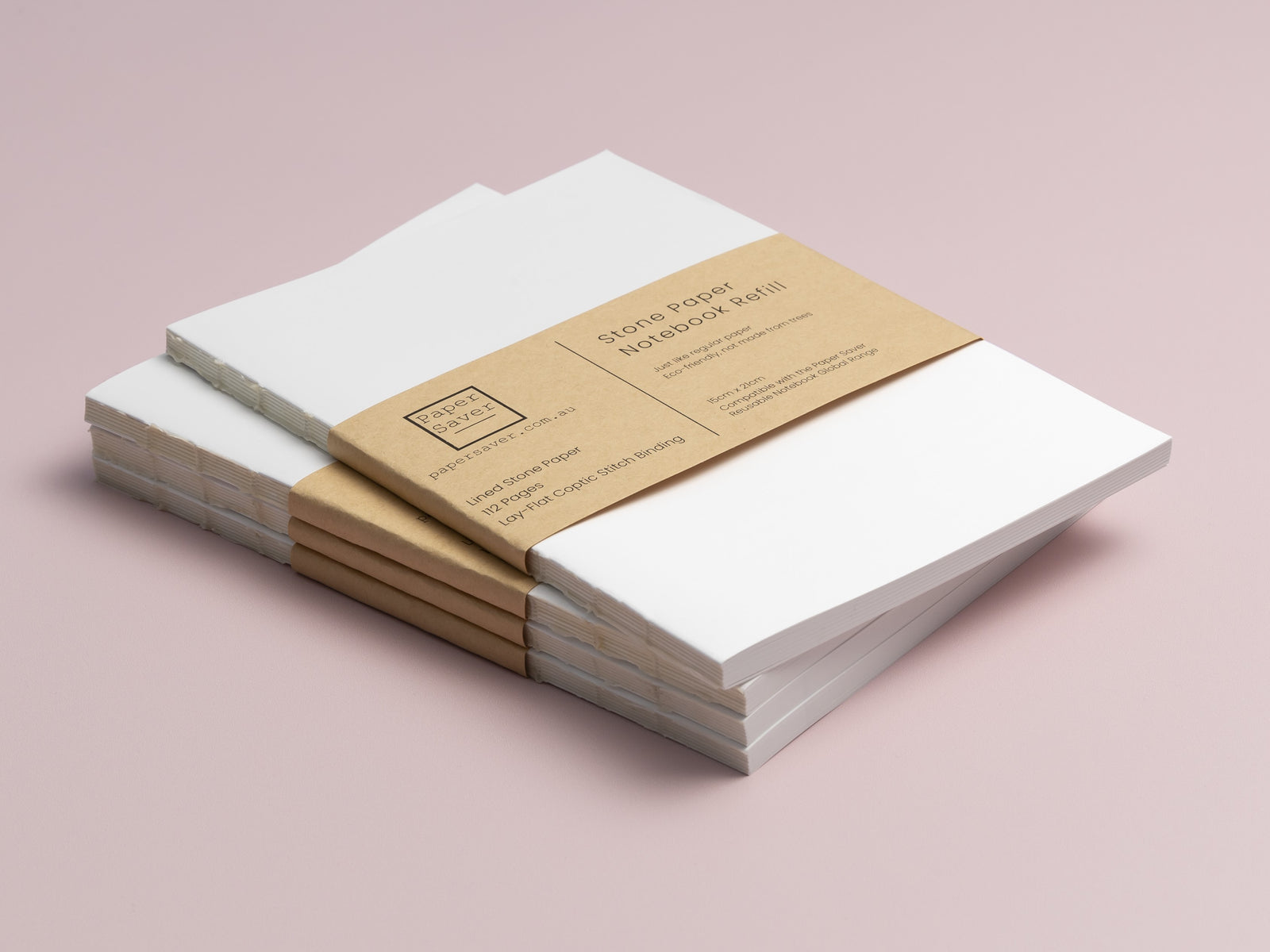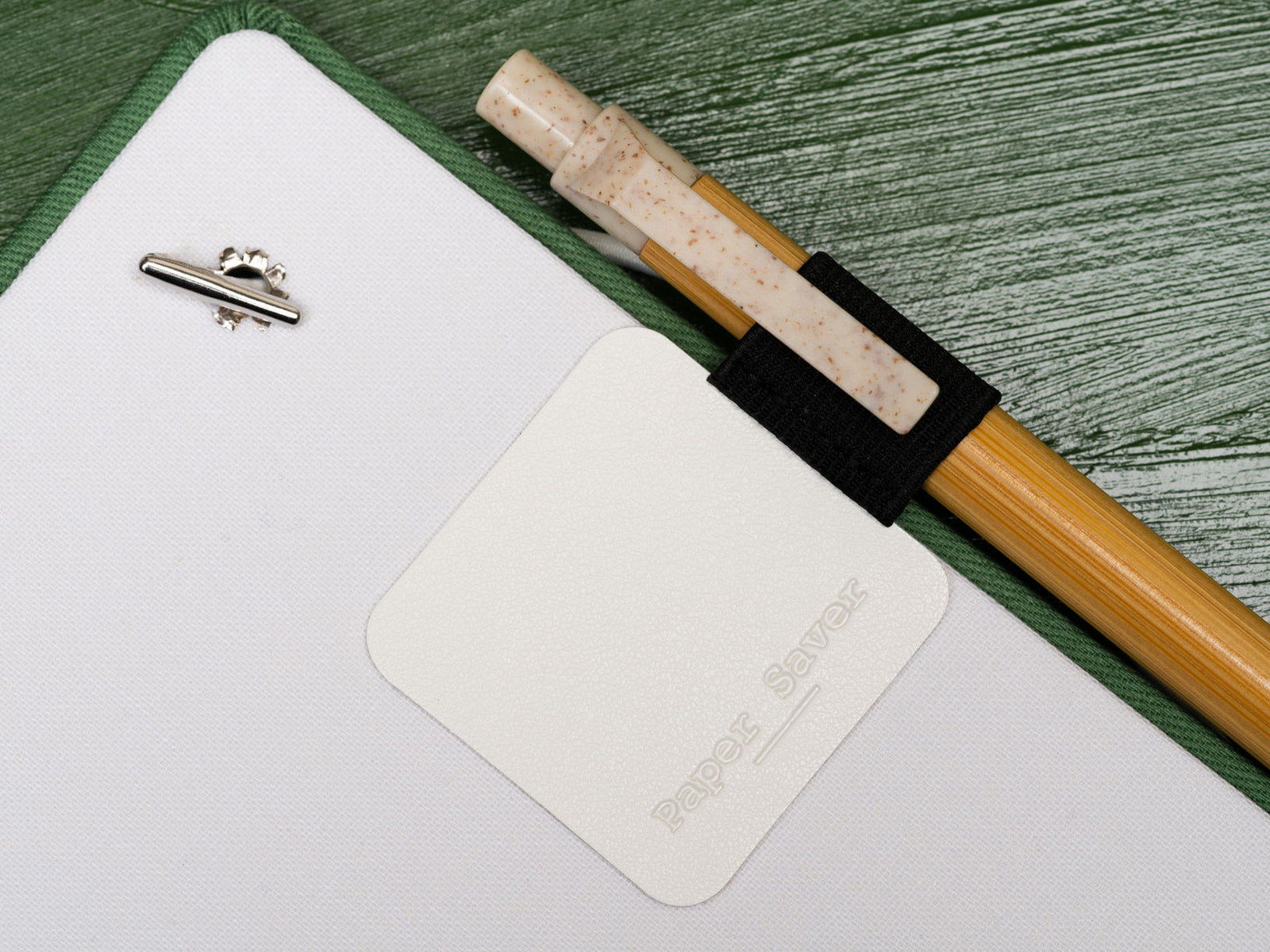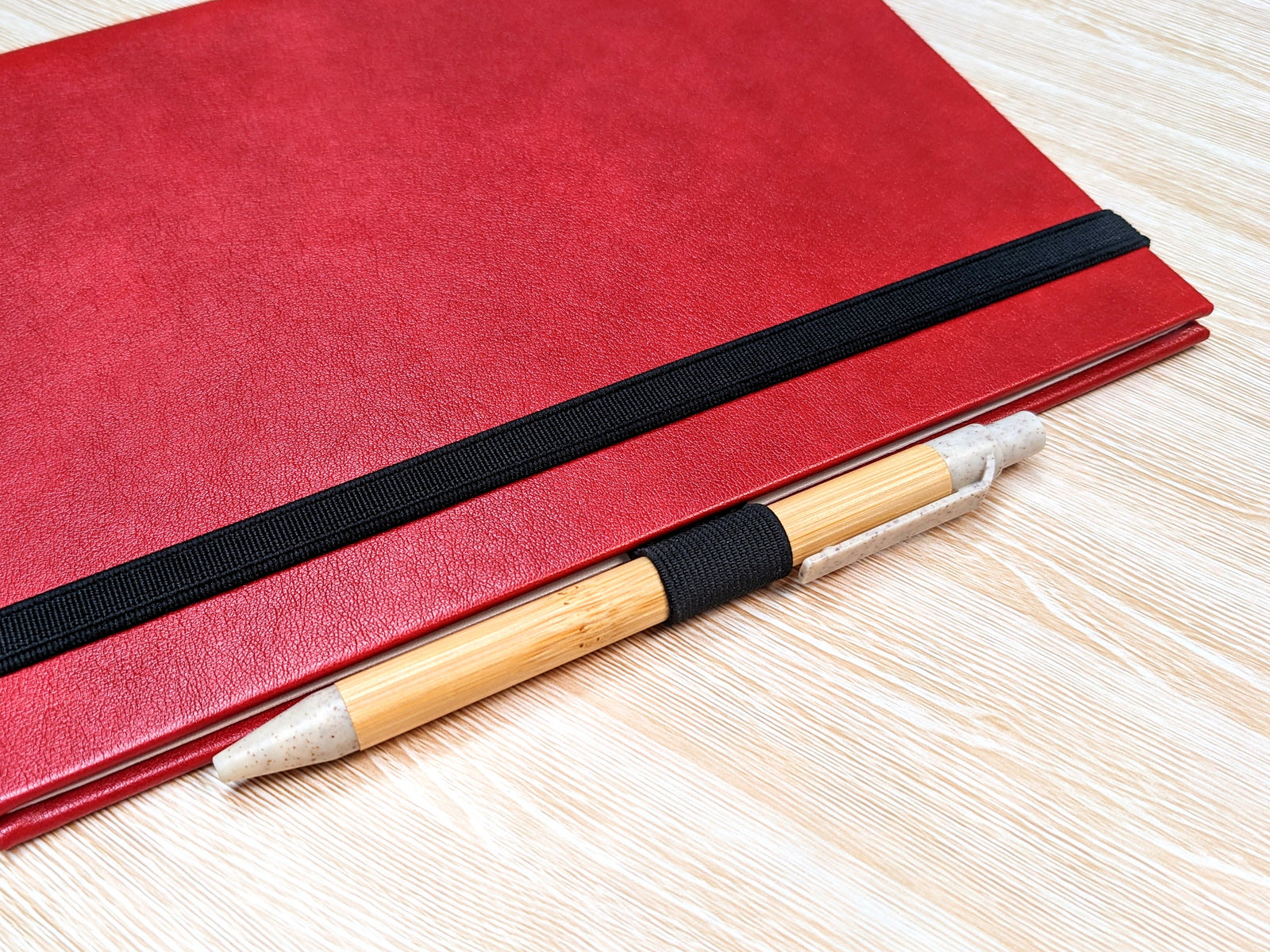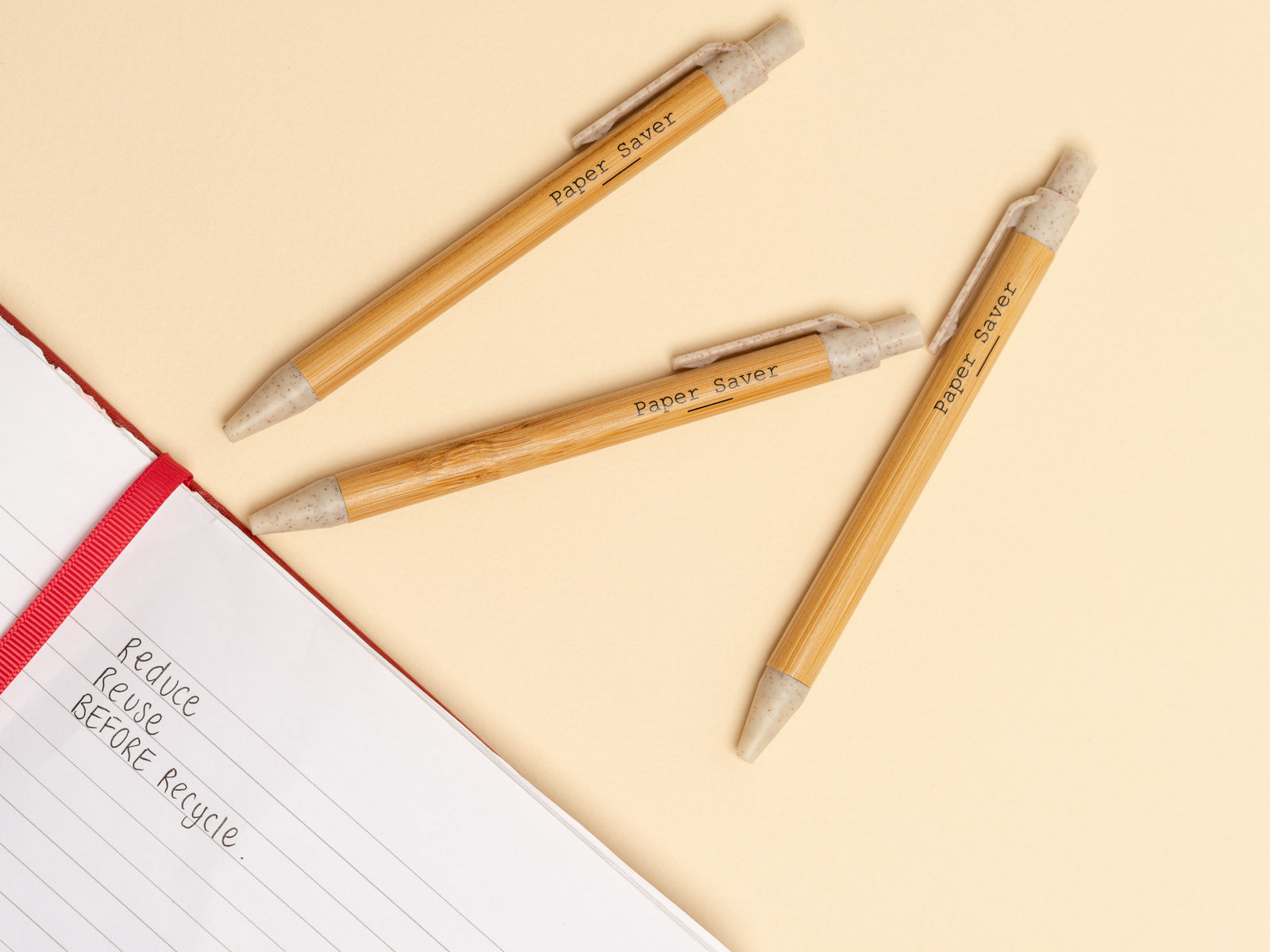FREE AU SHIPPING ORDERS $79+ | FLAT RATE $9
FREE AU SHIPPING ORDERS $79+ | FLAT RATE $9
Header menu
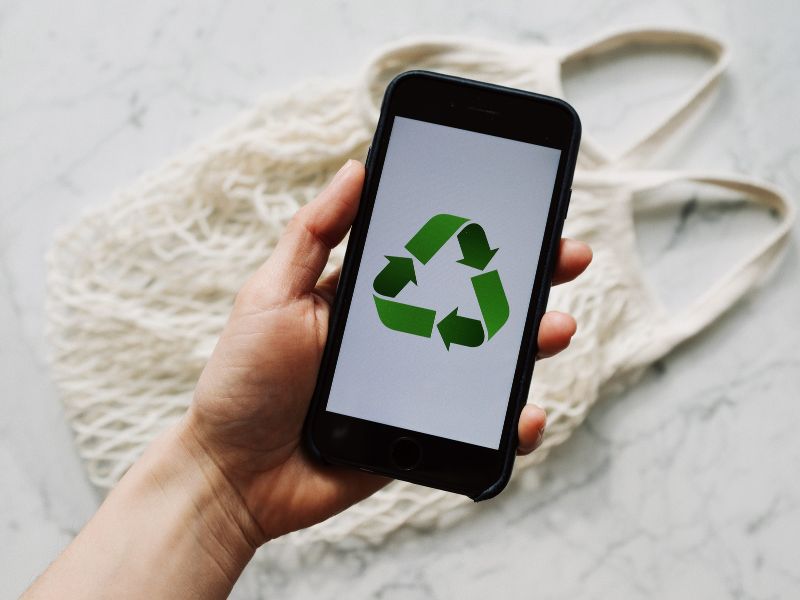
5 Things You Didn't Know About Recycling
April 06, 2022 2 min read

Recycling is second nature to most of us now - anything paper, glass, aluminum, plastics marked with the recycling symbol and number go into a separate bin. But did you know that even now, a substantial amount of our well-intended recycling materials still end up in landfill? Here are some common mistakes we make that stop your good intentions from coming to fruition.

1. Small pieces of paper, including sticky notes, should not be put into the recyling bin.

2. Not all books and notebooks are recyclable either.
The spiral bind of a book or notebook needs to be separated from the paper pages before putting into the recycling bin. Difficult to remove during the sorting at recycling facilities, it will only be sent to landfill instead.
Many books and notebooks are also bound together with a form of glue which spoils the pulping process.
Old books (and anything bound) are better off donated to your local charity shop or library. And re-consider your notebook options when in need of a new one!

3. Paper products with heavy decorations and dark coloured inks are more labour intensive and costly to recycle.
Only a few paper mills globally accept such paper products and therefore need to travel extra miles to be shipped or exported to be pulped and recycled.
This also includes wrapping paper with foil, glitter, or even a bit of shiny detail - these can't be recycled as it can't be mulched.
Sticky tape left on wrapping paper can also contaminate a whole batch of recycled paper.
Why not try eco-friendly gift wrapping options like the tips found here?

4. Tissues and paper towel can't be recycled!
Tissue paper products are made of very short fibres, which makes them difficult to recycle.
Many are also made from recycled paper already, hence they can't be recycled again.
Tissue paper is often used for sanitary purposes as well, making it unpleasant for recycling.
5. No sticky tape please!

Most recycling plants will not accept any paper items with sticky tape on it as the plastic prevents the paper form being mulched properly.
So, do ensure that any sticky tape is removed from the paper or cardboard before placing into the recycling bin!
Why not reduce and reuse BEFORE recycling?
Minimise, or even stop, single-use items and switch to reusable items wherever possible. As even recycling uses a significant amount of natural resources such as water and energy to renew your recycled materials, it should only be a second-step solution for more sustainable, eco-friendly living.
Leave a comment
Comments will be approved before showing up.
Want 10% off your next order?
Join the Paper Saver Community for exclusive updates, sales, sustainability tips
PLUS get your free printable templates to help you stay organised.
